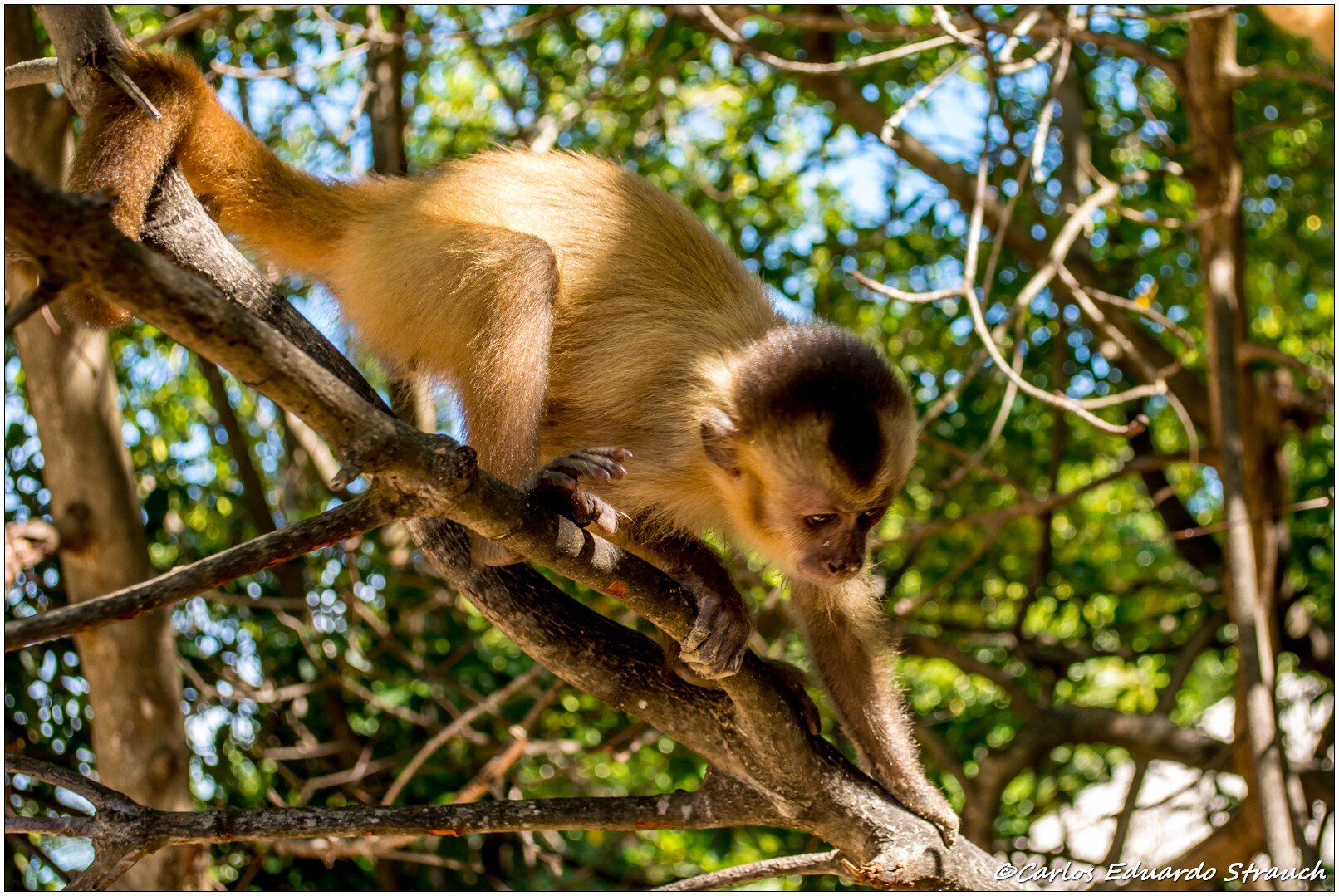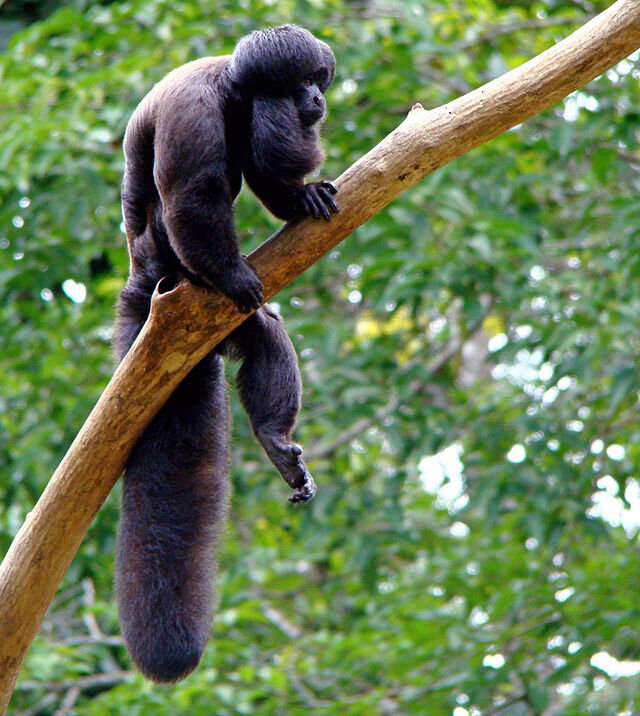
MARUPIARA FORest
Marupiara is an area of untouched Amazonian native forest owned by rural cattle rancher Mauro Lucio de Castro Costa.
Mauro is responsible for creating the Pecuária Verde Program (Green Cattle Ranching Program), an innovative initiative that aims to promote social and environmental transformation in animal ranching through animal welfare techniques, intensification of pasture rotation and pasture fertilisation. Sustainable production practices are combined with social responsibility for employees. Brazilian law requires Mauro to protect 50% of his land but in addition to this, he wishes to protect 1,142 ha - this is the FCF forest.
Livestock farmer Mauro Lúcio Costa on his farm in Paragominas, Pará - Photo: Personal Archive / Reproduction
Grantee Team
Earthworm Foundation are the grantees for this project, they will support the owner to initiate conservation activities on his property, manage the conservation area in the short-term while building up the farm’s capacity to eventually do this on their own or to engage a local NGO to manage the forest area directly (currently no local NGOs have this capacity). FCF funds will also be used to inspire other landholders to set aside additional forest areas as Mario has done.
Mauro Lúcio Costa (center) during a debate in New York, in parallel meetings to the UN Climate Summit, 2019 - Photo: Personal archive
Biodiversity
Two Critically Endangered primates are on the property (the Black Bearded Saki and the Ka’apor Capuchin) along with the Critically Endangered Black-winged Trumpeter bird, the Endangered Eastern Red-necked Araçari and three other threatened bird species. In addition to biodiversity, the Para forests are also critical for the maintenance of water bodies and constant rainfall, benefiting rural productivity.
Threats
Deforestation in Pará state is the highest in Brazil, with almost 27M ha lost between 2000 – 2018. Sixty percent of the total deforestation in the state of Pará is for opening new areas for livestock. That’s 15M ha are for pasture areas for livestock in the last 20 years!
Mauro's farm manages to combine conservation with cattle breeding - Photo: Personal archive
Project Activities
Training on and implementation of SMART monitoring and reporting
Sustainable livestock production training for rural landowners and students
Training on the prevention and management of forest fires for neighbouring landowners and local NGOs
The restoration of 20 ha of degraded forest with native tree species
The scaling up of this approach to other stakeholders in the landscape through reports, dissemination and mobilisation of key actors
Current Funding Status
Area: 1,142 ha
Area to restore: 20 ha
Annual carbon savings through avoided deforestation: 9,632 T CO2 equivalent
Threatened Wildlife: Black Bearded Saki and the Ka’apor Capuchin
Grantee: Earthworm Foundation
Remaining budget to fund: US$ 45,680
Funding status: Unfunded
Commodities: Palm oil, Beef, Cocoa






